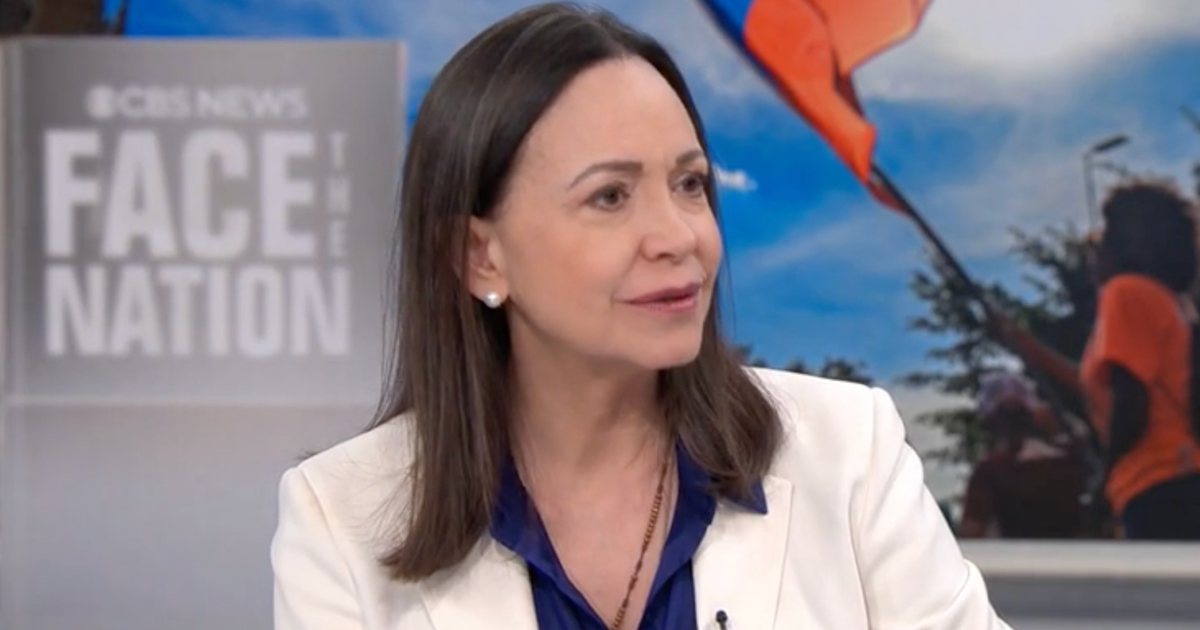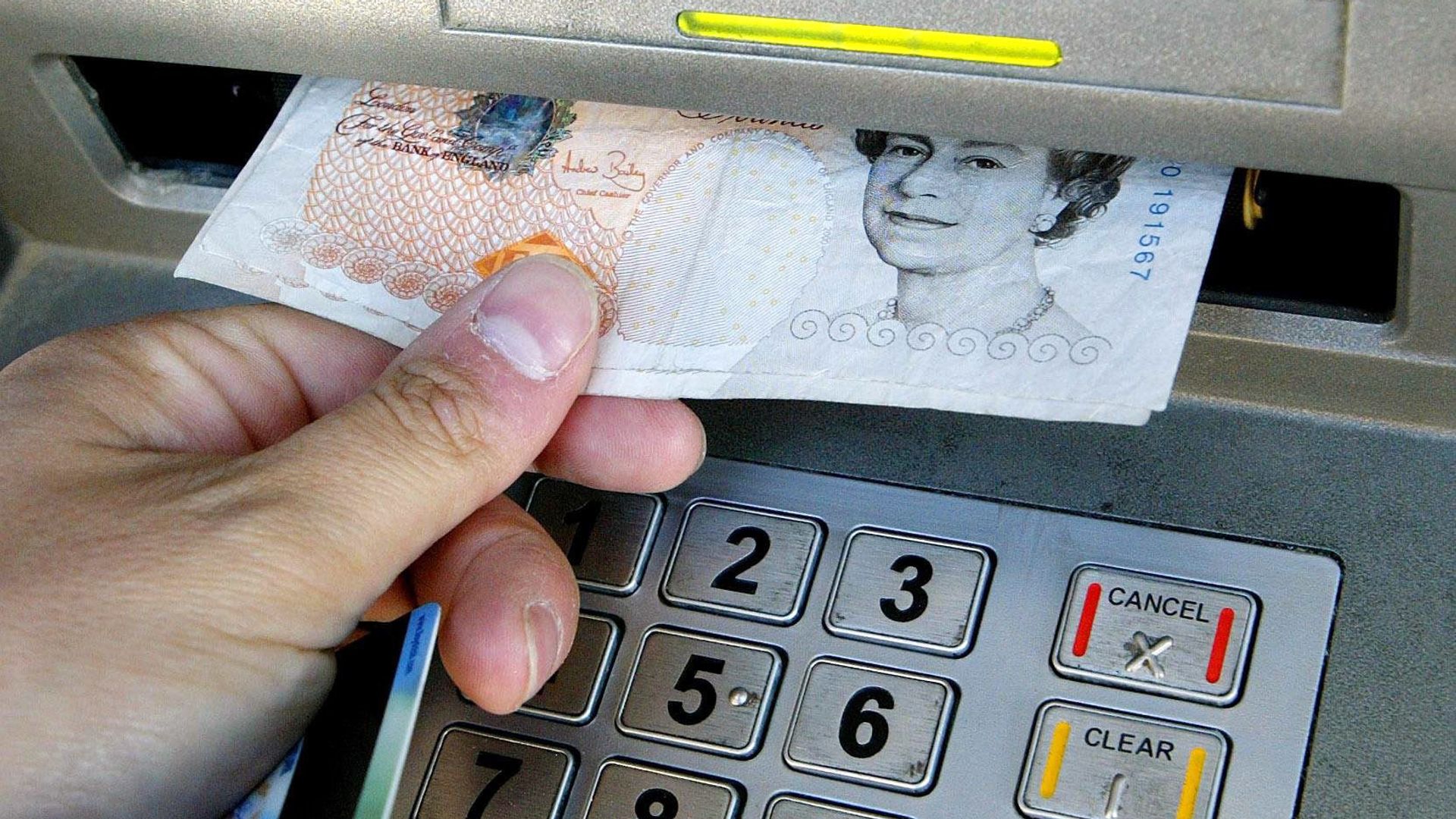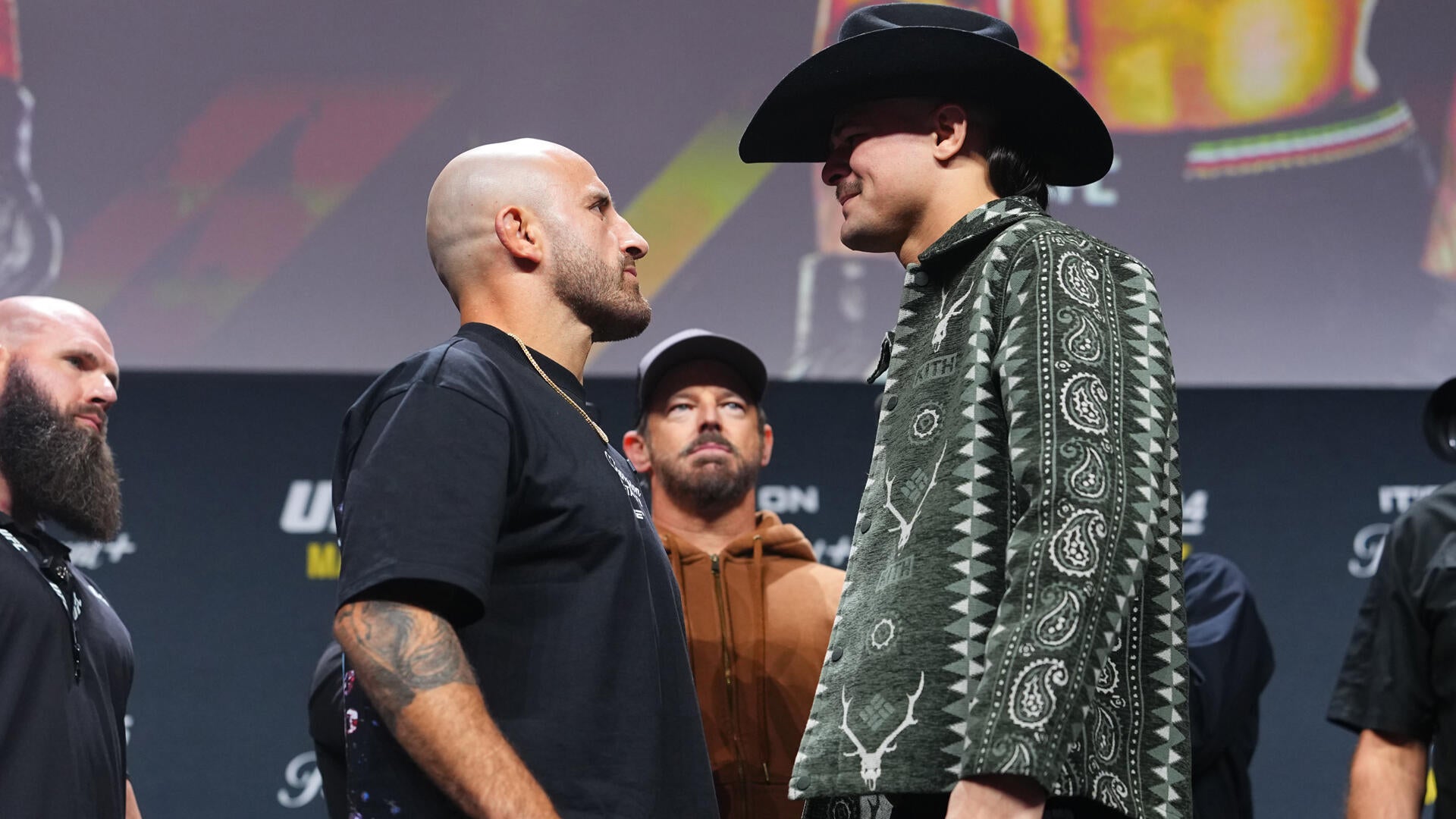

Kseniia Petrova, a Harvard researcher, was detained in February after failing to declare scientific samples she was carrying into the country.
A federal grand jury in Boston on Wednesday indicted Kseniia Petrova, a Russian researcher who works in a laboratory at Harvard Medical School, on criminal charges of smuggling goods into the United States and lying to customs officials.
Ms. Petrova was detained on Feb. 16, when she returned from a vacation in France carrying samples of frog embryos from an affiliate laboratory in Paris at the request of her supervisor at Harvard.
She then spent more than three months in an Immigration and Customs Enforcement detention center, eventually drawing attention from scientists around the world. Her defenders have condemned the government’s pursuit of her as draconian, conveying a chilling message to noncitizen academics.
The grand jury found probable cause to charge Ms. Petrova, 31, with three felonies. The most serious of them, the smuggling charge, provides for a prison sentence of up to 20 years, or a fine of up to $250,000. The remaining two — concealment of material facts and false statements — each provide for a sentence of up to five years, and fines of up to $250,000.
Ms. Petrova has acknowledged that she failed to declare the embryos, but her lawyer has argued that this would ordinarily be treated as a minor infraction, punishable with a fine. Instead, the customs official canceled Ms. Petrova’s visa and began proceedings to deport her to her native Russia. When she protested, saying she had fled Russia for political reasons and would face arrest or even death if she returned, she was transferred to an ICE detention center in Louisiana.
In May, Christina Reiss, the chief judge of the U.S. District Court in Vermont, expressed skepticism about the government’s deportation case, remarking that, based on the evidence she had seen, “there does not seem to be either a factual or legal basis for the immigration officer’s actions” in stripping Ms. Petrova of her visa.
But after Judge Reiss indicated that she would release Ms. Petrova on bail in the immigration case, the federal prosecutor in Boston unsealed criminal smuggling charges against her. Last week, a magistrate judge in Massachusetts released Ms. Petrova on bail in the criminal case.
At a probable cause hearing last week in Boston, Ms. Petrova’s lawyer, William W. Fick, said the government had not presented evidence to back up the charge of smuggling, a statute that is typically used against businesses illegally importing goods for sale.
“The crime that is alleged here is smuggling of merchandise that has not been invoiced — it is not any object in the world that has not been declared,” he said. Carrying the samples into the country, Mr. Fick said, “was maybe not good practice,” but “it was certainly not the specific crime alleged.”
Mr. Fick quizzed Brian Goldsworthy, the Homeland Security agent who swore a statement against her in mid-May, about whether the samples — which included cross-sections of embryos mounted on slides and embryos in vials — met the definition of “biological products” that needed to be declared to customs. The embryos, he said, were not living materials, because they were inert and suspended in formaldehyde.
“What are ‘biological products?’” he asked Mr. Goldsworthy.
“I don’t think there is a simple definition of that,” Mr. Goldsworthy replied.
After a lengthy exchange, Mr. Fick asked, “How is a traveler supposed to know what is a biological product, regulated under the customs laws, if you can’t answer the question?”
Under questioning by the prosecutor, David Holcomb, Mr. Goldsworthy said Ms. Petrova had passed through a customs checkpoint and told an officer there she was not carrying food. Later, at the baggage carousel, a dog trained to detect food led agents to her duffel bag, which contained fruit and meat.
When customs officers searched the bag, they found a styrofoam box containing the samples. Asked what they were for, Ms. Petrova responded, “to finish our experiment.” When the agent asked what kind of experiment, she responded, “spatial transcriptomics.”
Searching her phone, the officers found text messages sent to Ms. Petrova by a co-worker who had advised her to prepare paperwork for the samples.
“What is your plan to pass the U.S. customs with the samples?” her supervisor, Leon Peshkin, texted her, in Russian. “This is the most delicate place of the trajectory.”
“No plan yet,” Ms. Petrova texted back, adding a smiley-face emoji. “I won’t be able to swallow them,” she added, with another smiley-face emoji.
“Taken together, these are the actions of someone who is trying to bring something into the U.S. without declaring it,” Mr. Holcomb said.
He dismissed Mr. Fick’s challenge over the definition of biological materials, saying that only customs agents can make that determination, and only if the items are declared.
“She did not declare as required by law,” he said. “And she also gave a false answer when questioned about it.”











-3.png)



